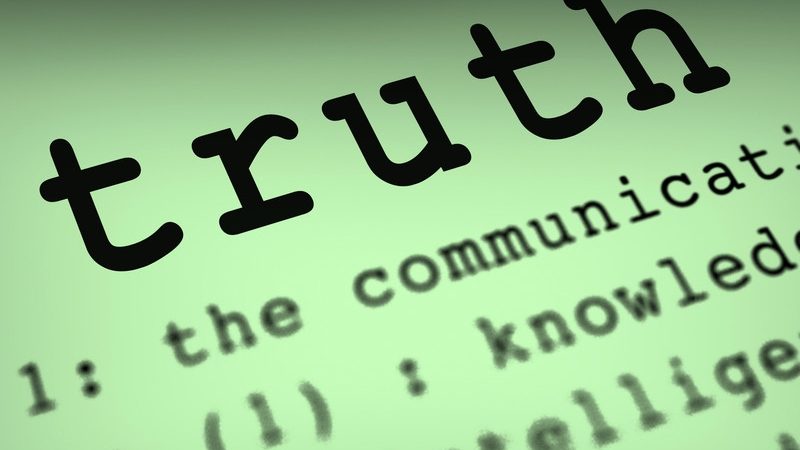Daphne Caruana Galizia once spoke of a necessarily criminal nature to the generic Maltese mentality when exploring the widened election gap in last year’s Labour victory. Corruption was at the top of the agenda, yet the majority of the electorate seemed unfazed by such dire happenings.
Now, after Caruana Galizia’s murder, we are at one of the most divisive periods in our nation’s history. Simultaneously, we are told we are enjoying the best times in our nation’s history.
To quote the famous opening, it was the best of times, it was the worst of times. Who do we believe? The ones in office are functioning with the strongest electoral mandate. If this grants them legislative and administrative capability, it means that their actions deserve to be met with suspicion.
The checks and balances so quintessential to sturdy democracies were established to balance out the authorities. Thus, there should be a distinction between those scrutinised and those performing the scrutiny, those who wield authority and those on whose behalf authority has been granted.
The guardians of good governance should be the ones to inform us of the legitimacy of the Government, but the latter believes we’ll take its word for it.
No, incumbency does not bestow sovereignty over truth. If those in power ought to be probed, then their words should be assiduously dissected, rather than presuming their veracity. This is very much the case, with the mainstream media partly to blame for perhaps being their involuntary enabler.
By regurgitating press releases with little analytic digest, our politicians are given an unfiltered channel to the minds of the electorate to sway and manufacture consent. I am not cynical if I suggest that politicians and public figures will use their limited airtime to their advantage.
They demand “evidence” when allegations are necessarily grounded in evidence. Even conspiracy theories, to some extreme degree, are based on such. The proof is for the courts to determine and then to pass sentence either based on the balance of probabilities or beyond reasonable doubt.
The influence of the press is being used to cherry-pick the whistleblowers from the “traitors”. The yardstick for this choice is adjustable at the Prime Minister’s discretion, and it is quite clear what the rationale is: Whistle-blowing against the Government is impossible, because the Government is infallible.
Therefore, allegations against the Government have no basis; reports are fake or invalid. If, however, you do succeed in blowing the whistle (not against the Government), it doesn’t say anywhere in the Act that that person can’t be awarded with lucrative contracts.
When any “mistakes” are made, spokespersons simply shrug them off as something that “could have been done better”. Of course, there is never a denial that there was no wrongdoing, simply a systematic downplaying of that wrongdoing.
Serious corruption is reduced to mere administrative haste. Attempts at money laundering through offshore bank accounts and trusts in secretive jurisdictions shouldn’t raise eyebrows, because we’re meant to trust our politicians. Any sober concerns are “baseless speculation”.
A massively influential journalist being blown up in broad daylight in an EU Member State is a “tragedy”. No, it was not a tragedy, it was a foreseeable crime for which the ruling party bears liability for its countless attempts at full-blown oppression against the freedom of the press to save its own skin and evade scrutiny.
Referring to Daphne’s death as a tragedy is not wholesomely incorrect, but it amounts to shifting towards a more convenient perspective, one that can alter public sentiment on the issue. To push this deliberate perversion of events, an army of trolls must be disseminated across comment boards.
If a nation normally unites in a tragedy, then the army of persuaded commenters, orchestrated from the highest executive office of this republic, are the paramedics telling us how to deal with the pain rather than tending to the wound.
Translated, we should be thankful and forgiving toward the persons who have delimbed our Constitution and enabled the butchering of Daphne Caruana Galizia, and then seek to unite. But this plea for unity is fundamentally flawed.
Soon after it is made, it is rapidly debased and weakened by an apparent hypocrisy and reprehensible egocentricity by the same self-appointed sovereigns of truth. After Daphne’s assassination, there were pleas for unity.
But when asked, for closure’s sake, to continue her investigations, all the Labour MPs disagreed. In their persistence to leave questions unanswered, the same leaders who called for unity allow division to foment. They should be held responsible.
Those who are outraged by this attitude also recognise the widespread critical damage being inflicted to the State: rule of law is crippled; criminals operate with impunity; the constitutional safeguards are pacified and prevented from scrutinising the Government; the police force is emasculated; whistle-blowers are smeared, discredited and threatened.
To those who prefer to empathise with the tepid response of the Government, and who have somehow managed to sleep through all the wake-up calls, including Daphne’s assassination, those claims are greatly exaggerated.
But those claims are verified, justified, and should be met with grave concern, as the European Parliament has, as the Council has, as the international press has, as the activist groups have.
The Prime Minister fancies himself clever by burying his head in the sand and trying to manipulate the public sentiment towards all this unbridled corruption, but by manhandling one pillar of democracy at a time, he is exacerbating an already polarised nation and has spawned profound divides across the board.













